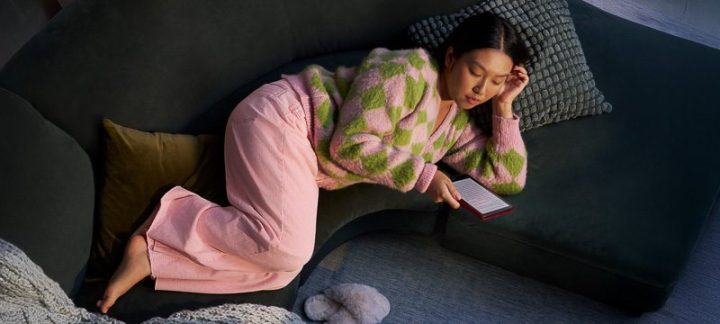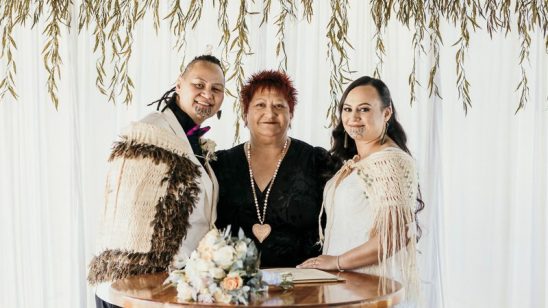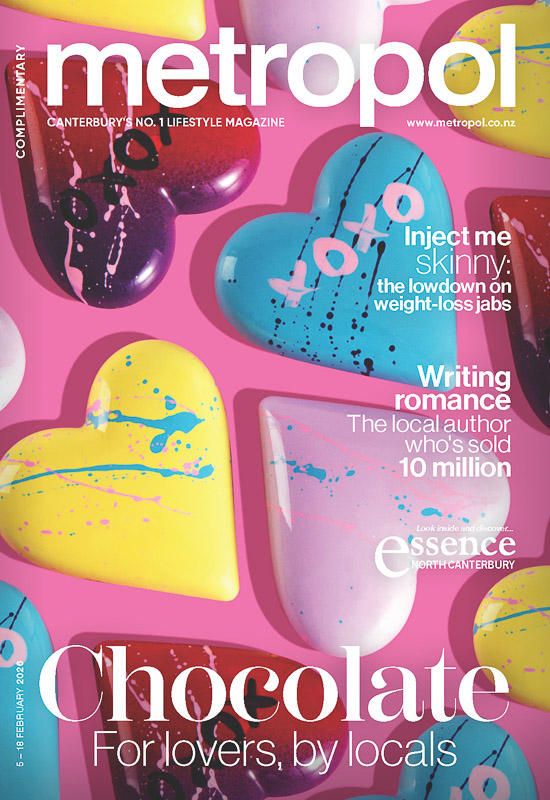
Switch off
New research has revealed many Kiwis are checking notifications on their devices up to 50 times an hour, contributing to a whopping 88% feeling stressed by bedtime.
The pressure to stay connected is constant, with at least a quarter (27%) of Kiwis receiving notifications until the moment they go to sleep, according to new research. Amazon Kindle researched regular notifications received from smartphones, smartwatches, laptops and tablets throughout the day, finding that more than half (52%) of recipients are frequently distracted.
“When we hear a notification sound or feel our phone vibrate, our brain interprets it as something that requires our immediate focus, so we’re in a constant state of alertness,” says neuroscientist and author Dr Mark Williams.
“Each time our attention is diverted by a notification it takes 60-90 seconds to refocus back on the task that we were originally doing. These disruptions are seizing our time, resulting in decreased efficiency.”
It’s not just pop ups. More than three quarters (78%) of Kiwis check devices every hour, some up to 50 times. Similar to addictive behaviour, notifications can trigger a release of dopamine, leading to people checking their phones compulsively in anticipation of a new notification.
Addictive notifications negatively impact our focus and concentration, causing 88% of Kiwis to feel stressed by the evening. More than 29% of those struggle to relax, so watch TV (74%), listen to music (48%) and read books (29%) in an attempt to wind down.
Dr Williams top tips:
- At least one hour before you go to sleep turn off laptops, tablets, computers and your phone, put them out of sight.
- Limit devices with the ability to send notifications in your bedroom. Where you sleep should be dark, cool and quiet without distractions.
- Avoid stimulants such as caffeine, nicotine and alcohol before bedtime.
- Try reading during the last hour before sleep, but not on a device that sends notifications. Maybe read a book.
*The research was conducted by Censuswide with 2000 adults in New Zealand between 14 – 25 February 2025.




